In a container at Pasir Panjang Export Inspection Station on April 3, 2019, Singapore authorities discovered more than they bargained for in an unprecedented seizure of contraband.
World's largest haul of pangolin scales
Acting on a tip-off, Singapore Customs and the National Parks Board (NParks) conducted a joint operation at the Station on Wednesday.
There, they uncovered a record-breaking 12.9 tonnes of pangolin scales hidden in a container originating from Nigeria and bound for Vietnam.
The scales, which were stuffed into 230 gunny sacks, were worth approximately S$52.3 million in total, according to The Straits Times.
Each bag reportedly contained around 50 to 70kg of scales.
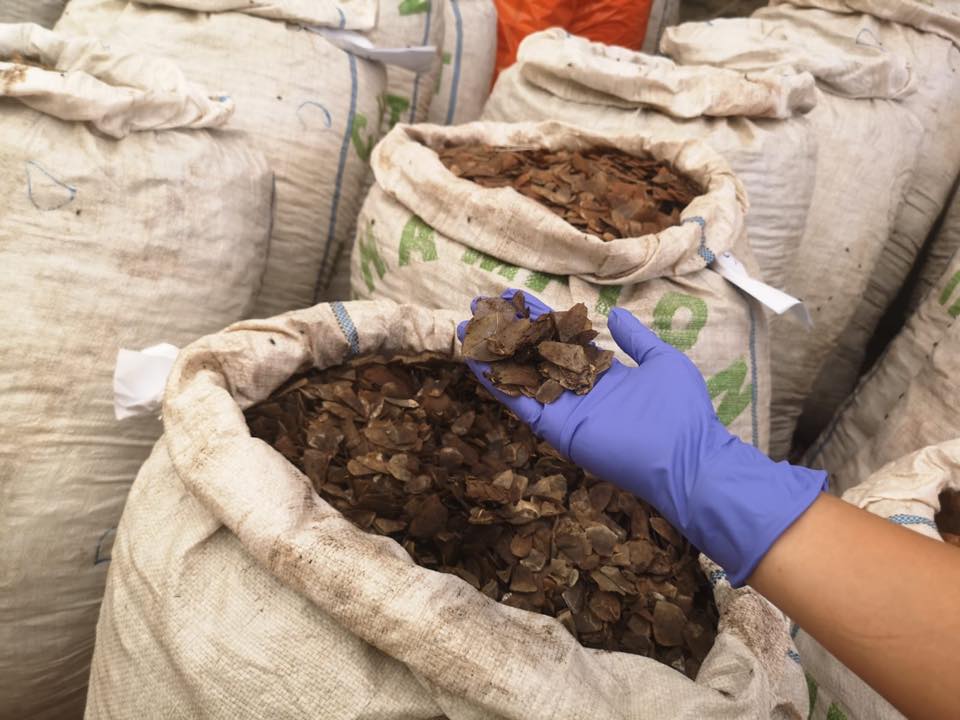 Photo from Desmond Lee, Facebook
Photo from Desmond Lee, Facebook
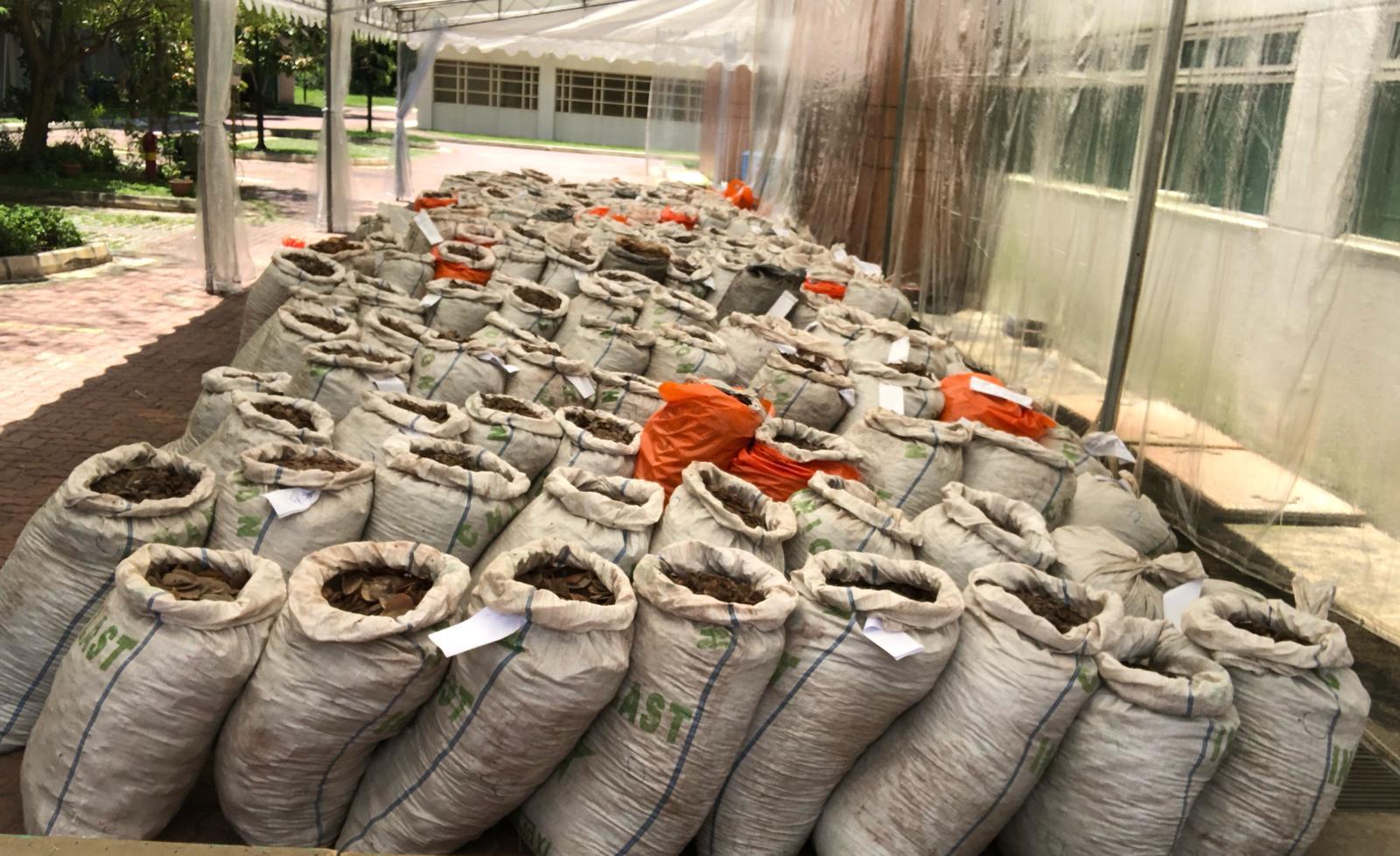 Photo from NParks, Facebook
Photo from NParks, Facebook
This was the biggest haul of pangolin scales ever seized.
Declared as frozen beef, the scales were sneakily hidden behind actual packets of frozen beef, which The New Paper reported was to mask the distinctive smell of pangolin scales.
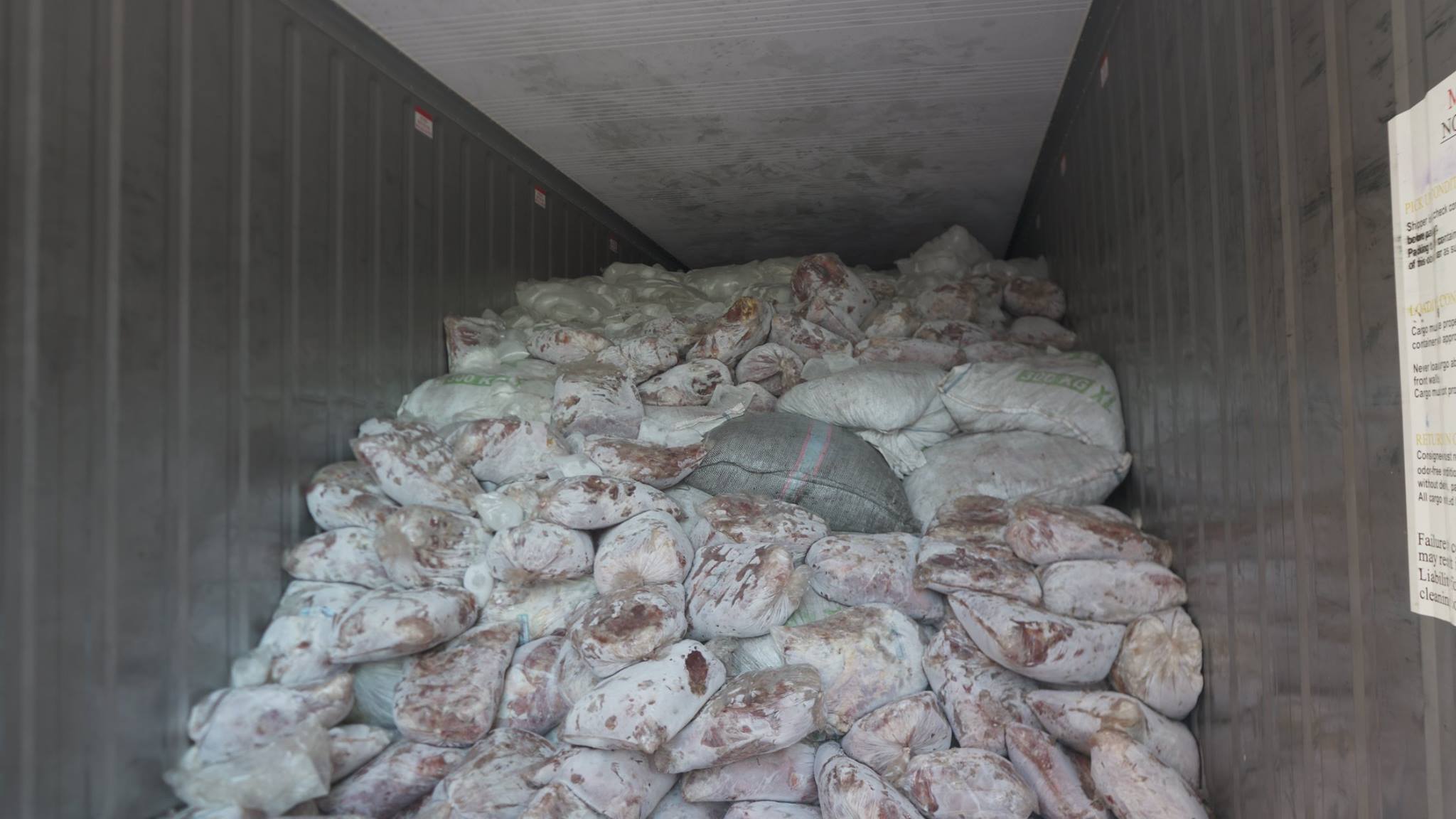 Photo from NParks, Facebook
Photo from NParks, Facebook
The previous largest haul of pangolins scales was in China, November 2017, where 12 tonnes of scales were seized, reported the South China Morning Post.
Not just scales, but ivory too
The scales, which authorities estimated came from around 17,000 slaughtered pangolins, belonged to four African pangolin species—giant ground pangolin (Smutsia gigantea), black-bellied tree pangolin (Phataginus tetradactyla), white-bellied tree pangolin (Phataginus tricuspis), and Temminck's ground pangolin (Smutsia temminckii).
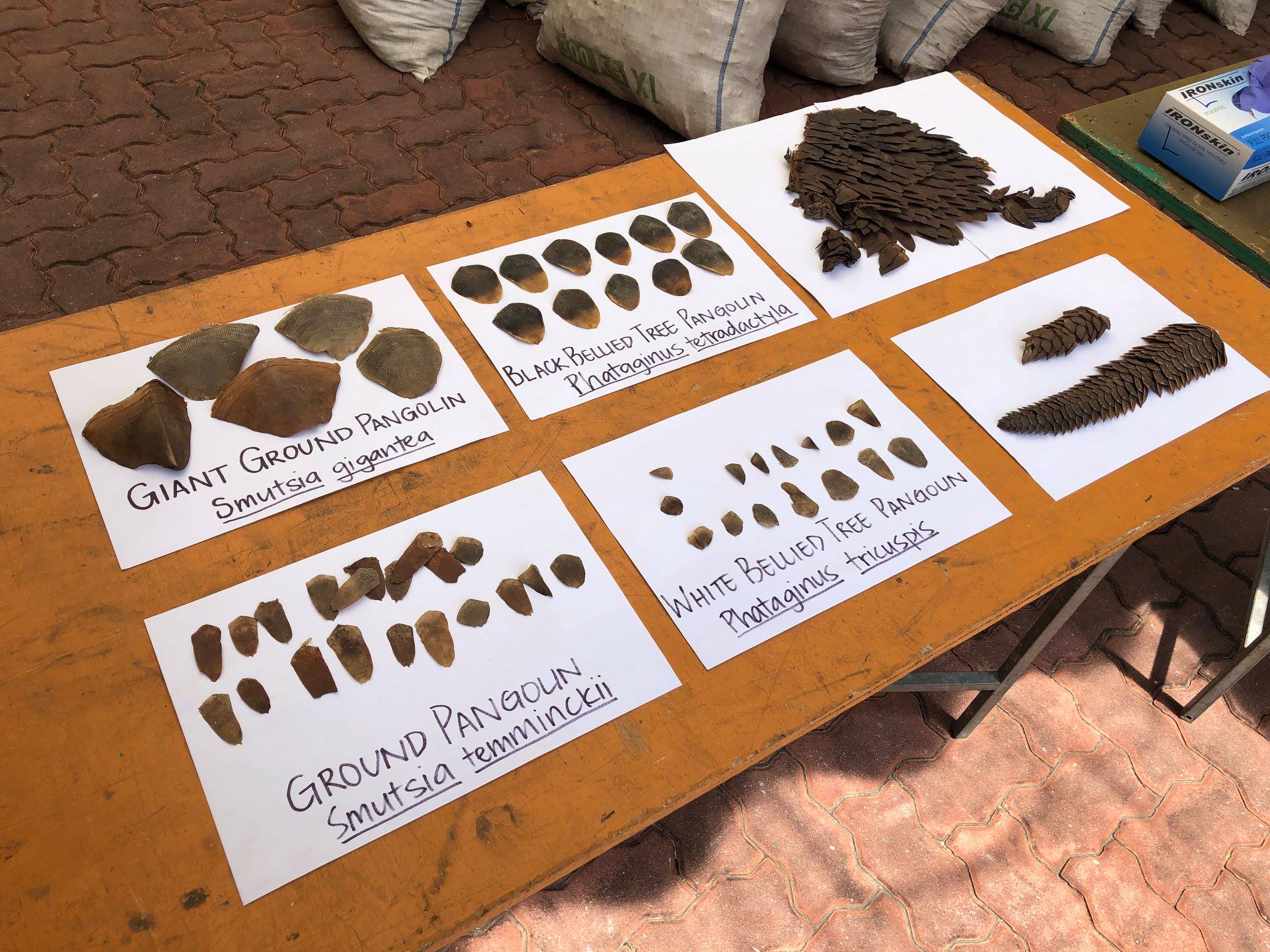 Photo from NParks, Facebook
Photo from NParks, Facebook
 From clockwise left to right, giant ground pangolin (photo from Earth.com), black-bellied tree pangolin, Temminck's ground pangolin, and white-bellied tree pangolin (photos from IUCN).
From clockwise left to right, giant ground pangolin (photo from Earth.com), black-bellied tree pangolin, Temminck's ground pangolin, and white-bellied tree pangolin (photos from IUCN).
What's worse however, was that not only were pangolin scales found—177kg of elephant ivory, worth S$120,000, was seized as well.
Pangolins, the world's most trafficked mammal
Pangolins, also known as scaly anteaters, are believed to be the world's most trafficked mammal.
According to BBC, their scales are highly sought after for use in Traditional Chinese Medicine (TCM), despite there being sparse scientific evidence of their medicinal benefits.
Pangolins are also hunted for their meat, considered a delicacy in some parts of China and Vietnam.
In Southern China, one pangolin can cost up to US$1,000 in restaurants.
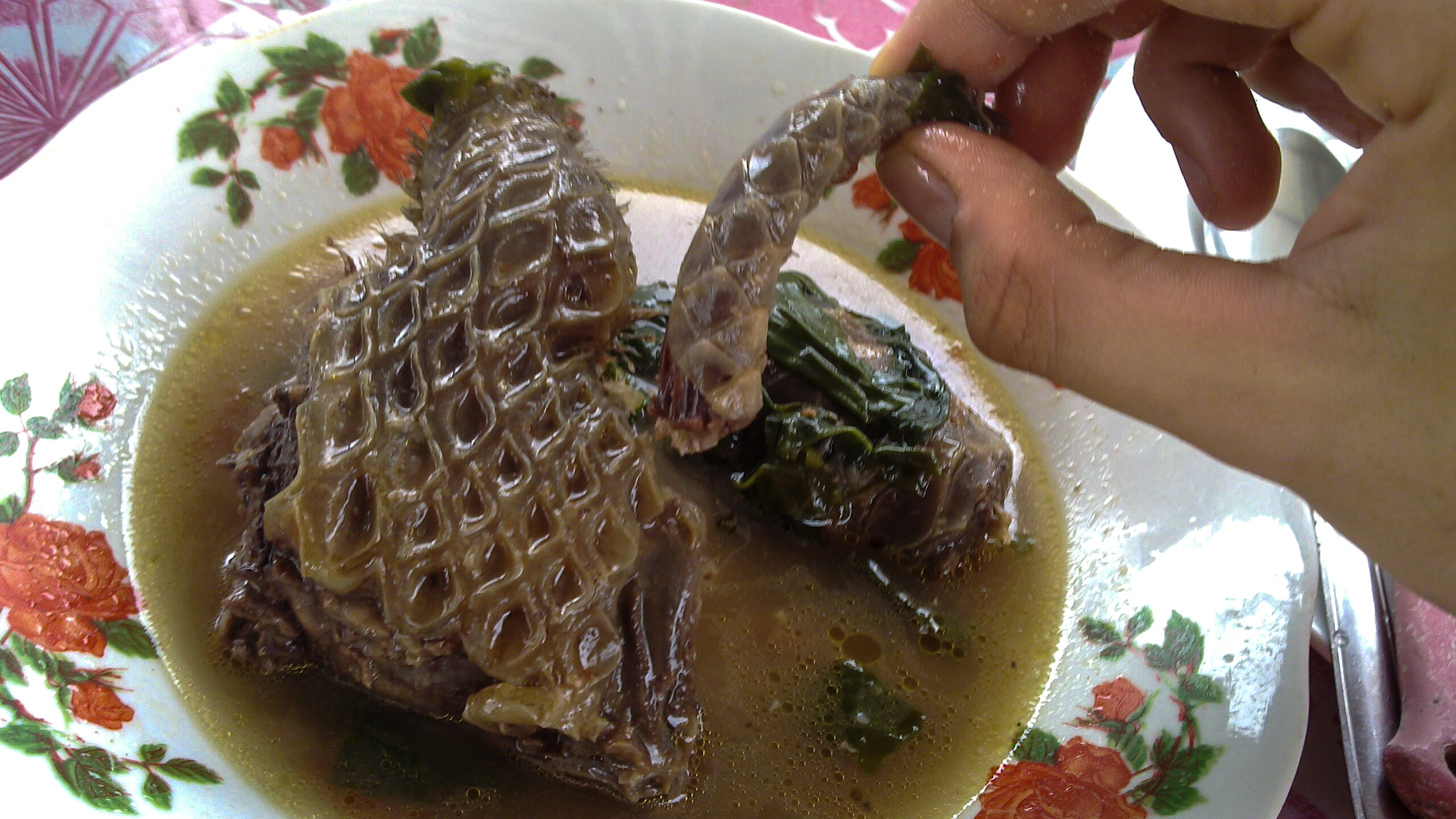 Photo by jbdodane, Flickr
Photo by jbdodane, Flickr
Pangolins have been poached and overhunted so extensively that their populations are drastically declining.
The four species recovered at Pasir Panjang are listed as vulnerable by the International Union of Conservation for Nature (IUCN), and the only species of pangolin found in Singapore, the Sunda Pangolin, is listed as critically endangered.
Furthermore, for an animal so widely trafficked and smuggled, extremely little is known about it.
It is unknown how many pangolins are left in the wild, according to CNN, and little research exists on how to care for those in captivity.
Singapore, a hub for the illegal wildlife trade
Due to Singapore's prime position as an international trade hub, numerous animal products pass through en route to other Asian countries via the illegal wildlife trade.
Pangolins aren't the only animal suffering from this black market trade. Rhino horns, elephant tusks and Saiga antelope horns are just some of the products that are highly sought after in the TCM trade too.
Investigations ongoing
Investigations into the seized shipment of pangolin scales in Singapore are currently ongoing.
According to The Straits Times, the scales will be incinerated after investigations are concluded so that they will not enter the market.
Under the Endangered Species (Import & Export) Act, anyone involved in the illegal import, export and re-export of wildlife faces a fine of up to S$500,000 and jail for up to two years.
Top photo from verollina, Twitter and NParks, Facebook
If you like what you read, follow us on Facebook, Instagram, Twitter and Telegram to get the latest updates.
